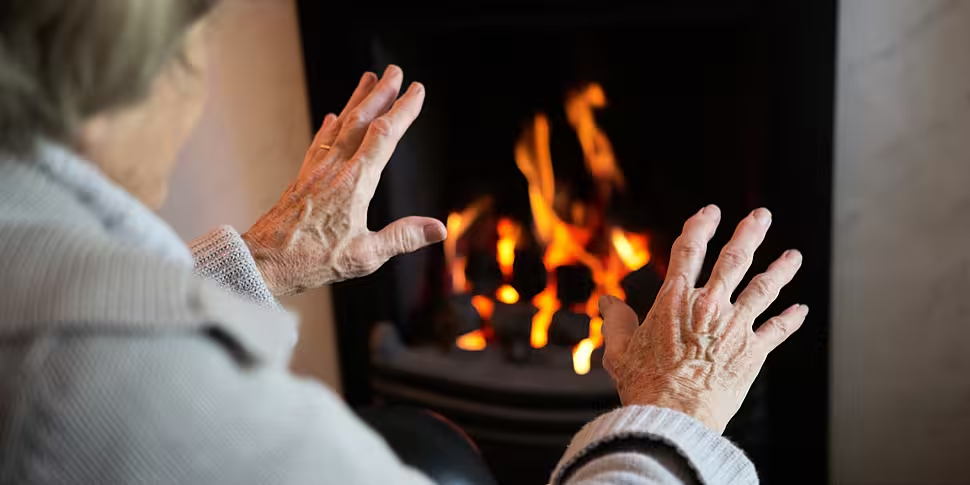The St Vincent de Paul charity has seen more than 78,000 requests for help so far this year.
It comes as rising energy bills are affecting lower income earners, lone parents and disabled people the most.
The findings from the ESRI show the average household is paying €39 more on energy and motor fuel costs every week, compared with January 2021.
Dr Tricia Keilthy is head of social justice with the SVP.
She told The Pat Kenny Show the demand for their services is up 20%.
"The ESRI report is shocking but it's not very surprising, given the number of calls we're receiving from people who are struggling to pay their bills.
"So far this year, we've taken over 78,000 requests for help - and that's up about 20% on previous years.
"Yesterday alone, our regional offices took almost 700 calls."
She says the issue of energy poverty means some people are having to make tough choices.
"We're really seeing the lived experience of that - so for people who are having to make decisions between food and heating, people on pre-pay meters who may be rationing their fuel usage over wintertime.
"We saw that in multiple households, people really sitting in the cold and the dark - that was the reality for many, many people.
"And we see particular groups who are really struggling".
Dr Keilthy says this includes lone parents, people with disabilities and low-income households in rural areas.
"This crisis is affecting almost every household but this ESRI report shows - and what our experience shows - that it's having a disproportionate impact on people on low incomes".
And she believes while measures announced so far have given temporary relief, Budget 2023 will be crucial.
"The next budget is going to be so decisive for people who are struggling in energy poverty, and for people who may be at-risk of falling into energy poverty next winter.
"So it's really important that the resources available are targeted to those who need it most".









